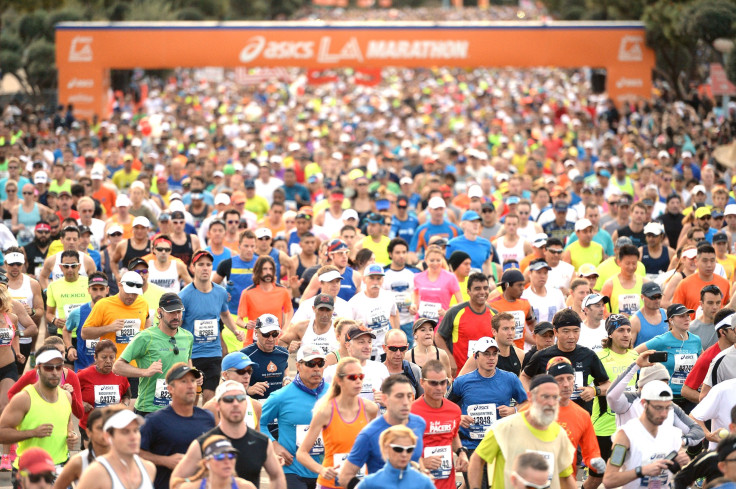Chicago Marathon 2022: What To Eat Before, During And After The Race
Marathon world records have improved dramatically over the last decades. For instance, the current male world record at the America Chicago Marathon is 2:03:45, while the female record is now 2:14:04.
One of the reasons behind such improvements is people's lifestyle changes. Individuals who take part in marathons make sure they are training and eating well, especially with the help of resources and innovations that have only been available recently.
However, many marathoners skip meals on race day, fearing that they will be bloated and therefore unable to perform at their best. Apparently, this is not really necessary since eating on race day is as important as taking in food before and after the big event. One simply has to know the right kind and amount of food to eat as well as the proper timing of intake.
The following are some useful eating tips participants can follow before, during and after this year's Chicago Marathon.
Marathon Pre-Workout
The golden rule here is to consume food that is high in carbohydrates (carbs) so that an individual has enough glycogen stored in their body.
A person can load carbs in two ways: They can have two high carb days before the race or they can begin loading carbs the night before the race. Loading carbs before long-distance training can help a participant last longer than 90 minutes on a run.
The main thing to keep in mind here is the number of carbs and the timing of meals. Carbs should be consumed in proportion to an individual's body weight, so consuming 1.2 grams of carbs for every kilogram of one's own body weight is ideal. When it comes to timing, keep a three-hour gap between meals and avoid eating anything two hours before the race.
Staying hydrated before the race is also important to avoid cramps. Checking the color of one's urine is an easy way to judge hydration. If it's clear, an individual doesn't need to worry. But if it's yellow, they should drink more water.
Show Time
During the marathon, the emphasis should be on fast-digesting carbohydrates and electrolytes. Sports drinks, gels, energy bars, bananas and jam sandwiches are all excellent carb sources to consume while running. Electrolytes should be consumed at regular intervals to keep blood sugar levels stable. One should have electrolytes at a rate of 14 to 20 fluid ounces per hour during marathons.
Post Run
Once a person has crossed the finish line, it is time to recover and celebrate the victory. They may begin by loading up on protein, which will aid in muscle growth and repair. Because the body will be craving carbs after running for hours, the celebratory post-race meal could also be a cheat meal. Moreover, a runner should not forget to drink plenty of water because sweating increases their risk of dehydration.
Pro Tip
Meals should be properly planned in the days leading up to a marathon so no time is wasted. To avoid digestive issues, one should binge on food items that are familiar to one's gut. One should also avoid any form of fasting or crash dieting.

© Copyright IBTimes 2025. All rights reserved.





















